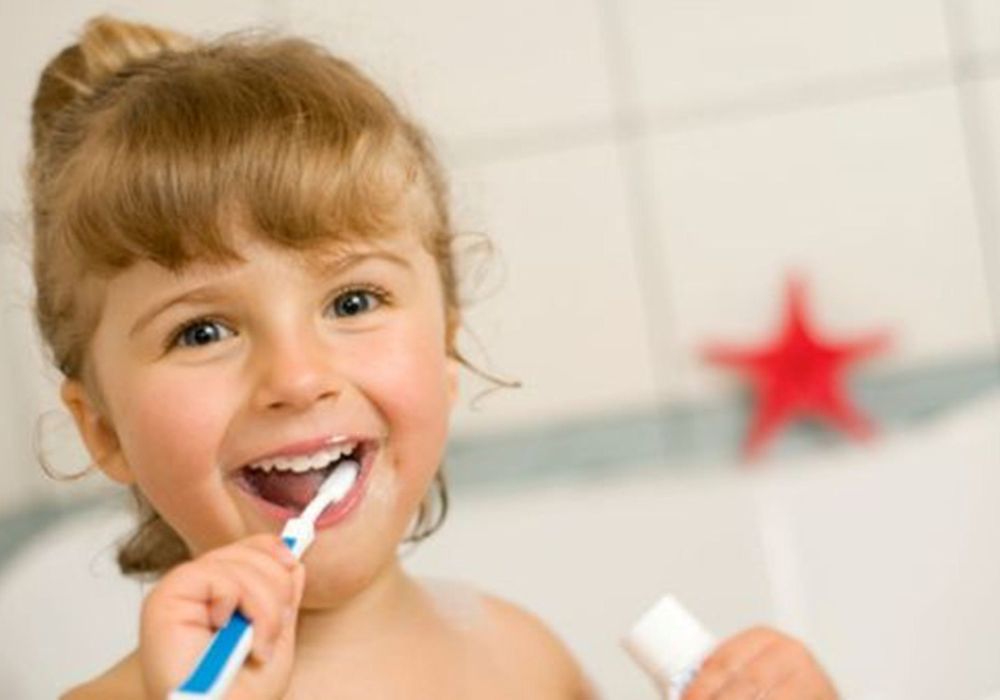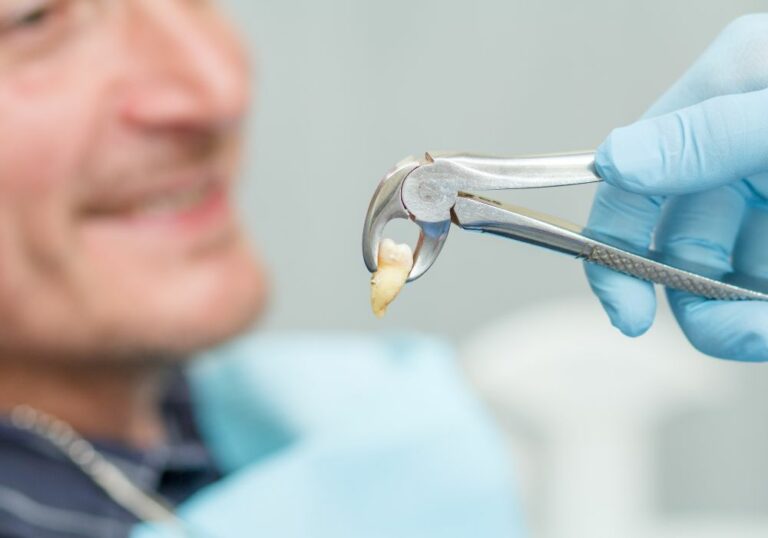A Closer Look at Teething and Respiratory Symptoms
The eruption of a baby’s first teeth is an exciting milestone for parents, but can also be an uncomfortable process for infants. Many parents report cough, congestion, or runny nose occurring when their babies are teething. This leads to the common question of whether teething can actually make babies sick with respiratory symptoms.
This article takes an in-depth look at the evidence surrounding the link between teething and cough/runny nose. We’ll cover:
- The teething process and timeline
- Mechanisms for how teething could hypothetically cause respiratory issues
- Overview of teething symptoms
- Summaries of key research studies
- Guidelines on when to see a doctor
- Tips for relieving teething discomfort
Understanding the facts can help parents know what to reasonably expect during this developmental phase.
Teething

Before diving into the debate of whether teething causes congestion and cough, let’s first cover some teething basics.
What is teething?
Teething refers to the emergence of a baby’s first set of teeth through the gums, typically occurring between 6 months and 3 years of age.
The first set of 20 “primary” or “deciduous” teeth are also called “baby teeth”, “milk teeth”, or “primary dentition”. They eventually fall out around age 6 and are replaced by permanent adult teeth.
Teething happens as the teeth in the jaw put pressure on the gums while pushing upward until they finally break through and erupt. This process can be painful and uncomfortable for babies.
Teething stages and timeline
While every baby develops at their own pace, the general stages and timeline for teething are:
6-12 months
- The two bottom central incisors come in first, usually around 6-8 months but possibly as early as 3 months. These are the two bottom front teeth.
- Next the four upper central incisors erupt. These are the four top front teeth.
8-12 months
- The two bottom lateral incisors emerge next. These teeth flank the bottom central incisors.
10-16 months
- The first molars begin coming in, first the lower two then the upper two. There are a total of four first molars.
13-19 months
- The lower canines (eyeteeth or fangs) erupt first followed by the uppers. There are four canines total.
16-22 months
- The four second molars emerge last, sequentially lower then upper.
While this is the typical order, the exact timing varies widely from baby to baby. Preemies are often on the later end of these ranges. Most babies have their full set of 20 primary teeth by age 3.
Typical teething symptoms
Teething causes inflammation, pressure, and discomfort as the teeth push through the gums. Common symptoms parents may notice include:
Mild local symptoms:
- Swollen, tender, or reddened gums
- Increased drooling and saliva production
- Biting behavior and increased need to chew
- Rash or facial redness around mouth
Systemic discomfort:
- Decreased appetite or difficulty feeding
- Irritability, crying, and fussiness
- Disrupted sleep
- Mild fever under 100°F (37.8°C)
- Pulling at ears or rubbing cheeks
- Loose stools
Symptoms tend to begin 3-5 days before the tooth erupts and peak on the day of or day after emergence, gradually fading as the gums adjust. However, there is also debate about whether teething truly causes generalized systemic symptoms.
Link Between Teething and Respiratory Symptoms

Now that we’ve reviewed the basics of teething, let’s examine the controversial question at the heart of this article – can teething lead to cough, congestion, or runny nose?
Parents often report cold-like respiratory symptoms occurring when their babies are teething. But is this just coincidence or a direct effect of teething? There are several theories for how teething could contribute to respiratory issues:
Swallowing excess drool
The increased saliva production and drooling during teething means babies tend to swallow more of their drool. Some doctors believe repeatedly ingesting this extra saliva could irritate the throat and upper airways, potentially leading to coughing, congestion, or runny nose.
Chewing and biting behaviors
Babies tend to bite or chew more when they are teething, sometimes on toys, cloth, or their hands/fingers. If these objects are contaminated with cold viruses, the baby could contract the infection and get sick. Putting objects in their mouth is one way babies explore, so this behavior may happen by coincidence with teething.
Sleep disruption
Teething pain can interfere with sleep. Lack of quality sleep may stress the body and slightly suppress the immune system. One theory is that sleep-deprived babies may be more prone to catching colds or other viruses during teething periods.
Increased susceptibility
Some doctors propose that the stress of teething may mildly weaken the immune system, allowing babies to get sick more easily. Inflammation in the mouth could also provide an entry point for pathogens.
Coincidence of timing
Finally, the timing of getting first teeth often coincides with when babies begin socializing more and are exposed to cold and flu viruses. Getting sick with respiratory infections around 6-12 months is very common, and may be unrelated or indirectly related to teething itself.
While plausible, these potential mechanisms are unproven explanations. But what does the medical research actually say about teething’s link to respiratory symptoms?
Review of Scientific Research

Several studies have aimed to determine if teething increases risk for colds, congestion, coughing, and other illness:
Symptom analysis study
A 2020 report in Pediatrics examined parent-reported infant symptoms during teething periods versus non-teething periods.
Results: Teething episodes were associated with significantly more drooling, gum irritation, rash, loss of appetite, and fussiness. However, respiratory symptoms like cough, congestion, breathing issues, and runny nose were NOT reported more often during teething times compared to non-teething times.
Infection rate study
A study published in Clinical Pediatrics followed 81 infants over their first 15 months of life, tracking when they got infections.
Results: They found no association between the timing of teething and rates of respiratory illnesses or diarrhea. Infection rates during teething periods were no different than during non-teething periods.
Hospital records study
UK hospital records were analyzed in Public Health for infants under 12 months hospitalized with diarrhea or fever.
Results: The number of hospital cases diagnosed with viral infections was no higher in the days immediately following the emergence of new teeth compared to control days where no teething was occurring.
Double blind study
In a double-blind trial published in Pediatrics, teething infants were either given pain medicine or a placebo.
Results: Parents reported far fewer symptoms like irritability and sleep problems in the treatment group compared to placebo, suggesting relieving teething pain provided real improvement. However, respiratory symptoms did NOT decrease with pain relief, indicating no direct link between teething and cough/congestion.
Meta-analysis
A review in Pediatrics analyzed multiple controlled studies on teething symptoms.
Results: Localized symptoms like rash, chewing, and low fever were consistently linked to teething. But data did not substantiate an association between teething and generalized systemic symptoms like decreased appetite, sleep disruption, or infections.
Based on these analyses, teething appears capable of causing localized mouth and gum discomfort but does NOT directly increase respiratory illnesses. Associations with cough, congestion, and runny noses are likely just coincidental timing.
Guidance on Seeking Medical Care

While current evidence suggests teething does not make babies sick, parents should still contact their pediatrician if symptoms seem severe or worrisome. Signs to have evaluated:
- High fevers over 102°F (39°C)
- Congestion or cough lasting over 1-2 weeks
- Wheezing, rapid breathing, or breathing difficulties
- Extreme fussiness or lethargy over an extended period
- Refusal to eat for more than a day or two
- Any symptom that appears to be getting progressively worse
These could indicate an illness like a cold, flu, ear infection, or other issue needing medical treatment. Mild congestion and cough are common in babies and often resolve on their own, but should be checked out if excessive.
Soothing Teething Discomfort
Though unproven to cause respiratory symptoms, teething is still uncomfortable. Here are some methods to help soothe teething pain:
- Gently massage gums with clean fingers, a soft wet cloth, or teething toys
- Allow chewing on hard rubber teething rings or toys
- Use over-the-counter numbing ointment on gums
- Give acetaminophen or ibuprofen as directed by your pediatrician
- Cool teething rings or wet washcloths from the fridge (not frozen)
- Provide cold fruits like berries or chilled applesauce
- Distract with favorite books, toys, or music
- Extra comforting, rocking, and holding
Most babies get relief from a combination of gum massage, chewing, and OTC pain relievers. Try different tactics to find what works best for your infant. And check with your pediatrician if you have concerns or if symptoms persist.
Conclusion
To summarize, while teething causes localized mouth pain and irritability as new teeth push through swollen gums, current evidence does not support teething directly leading to respiratory issues like cough, congestion, or increased infections.
The timing of teething often coincides with when babies get their first colds from socializing and viral exposure. So respiratory symptoms may occur along with teething but are not caused by it. Teething also does not appear to substantially suppress the immune system or make babies more vulnerable to illness based on controlled studies.
Cough, runny nose, and congestion are common normal occurrences in the first year and should clear up given time. But see a doctor if symptoms are severe or persistent. Knowing teething itself is unlikely to make your baby sick with a cold can hopefully provide some parental peace of mind!






